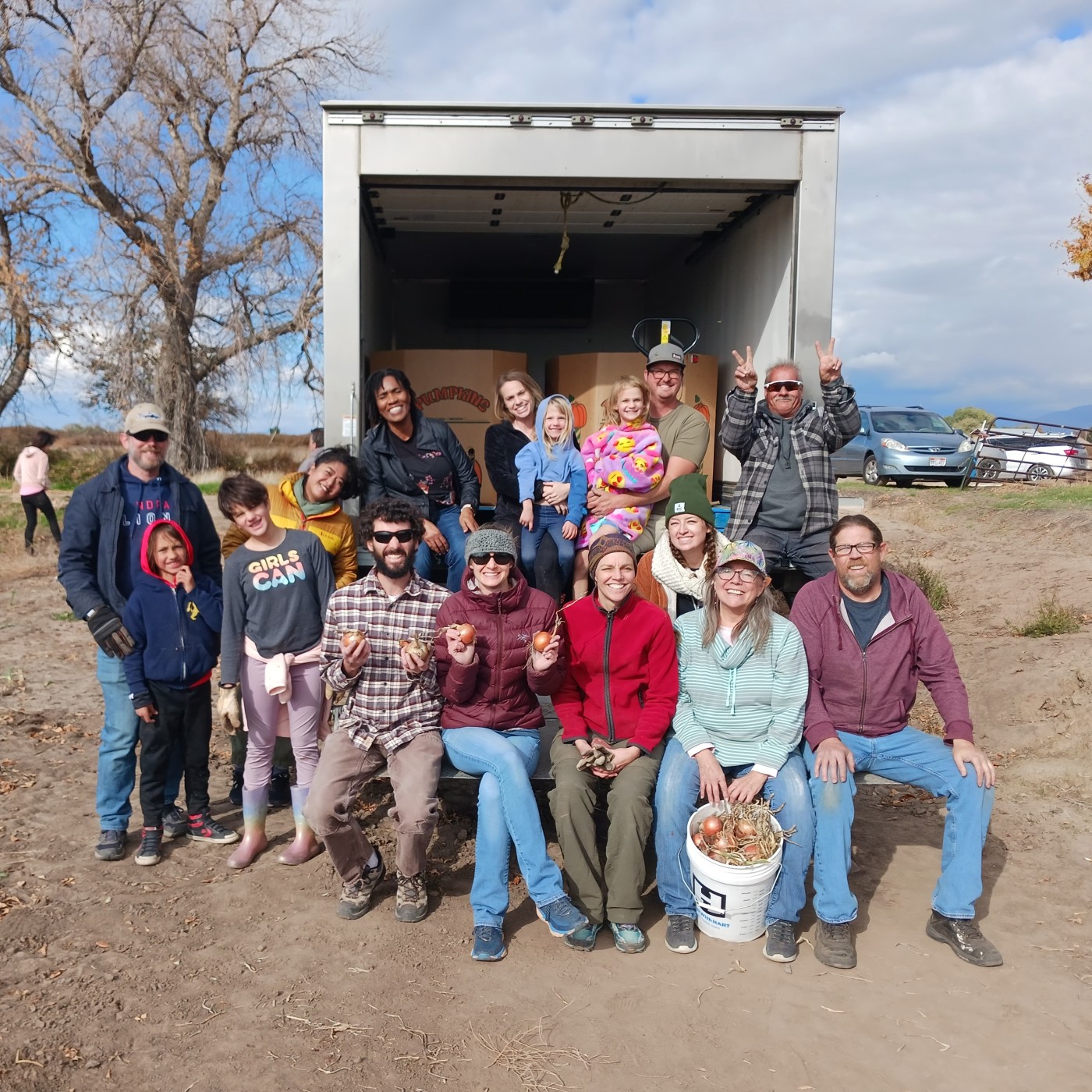Here at WasteLess Solutions, pursuing racial and economic justice is central to our mission to reduce and redistribute food waste in Utah.
We know that these issues are inextricably linked; that environmental issues are inherently racial and economic issues. Centuries of systemic racism in the United States—enslavement to segregation, redlining to mass incarceration, employment discrimination, and more—have led to substantially higher rates of poverty and food insecurity in communities of color than in the United States population at large. Further, despite contributing less to climate change, low-income and communities of color bear the brunt of its destructive impacts. These communities face several intertwined forms of injustice, each with its own implications for the effective and equitable reduction of food waste.
Through our comprehensive approach including food rescues, educational programs, and community partnerships, we strive to eliminate the 600,000 tons of food wasted in Utah each year. Simultaneously, we aim to increase access to food and nutrition for the 400,000 food-insecure Utahns and to decrease the carbon footprint of our state’s food waste: equivalent to the annual impact of 304,000 passenger vehicles. At the core of each initiative is a commitment to understanding, uplifting, and empowering the communities most impacted by the intersection of environmental, racial, and economic injustice.
We believe that every Utahn—regardless of race, ethnicity, income, or other aspect of identity—deserves sustainable access to nutritious food. Together, we can eliminate food waste in Utah while working to dismantle systemic barriers and foster equity and justice for all Utahns.

